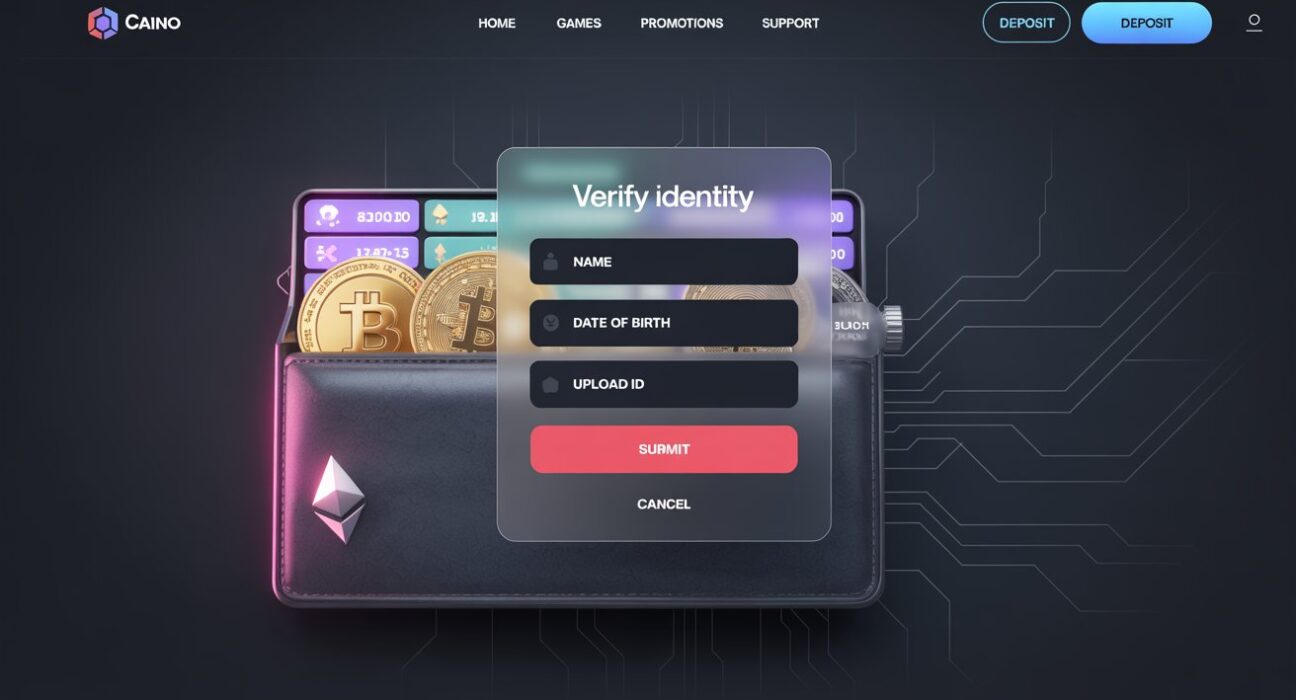For years, anonymous betting was a major draw for crypto-native gamblers and offshore operators alike. The promise was irresistible: fast deposits, no paperwork, no questions asked. But in 2025, that era is quickly fading. Global regulators are turning their sights on anonymous betting platforms, and the crackdown has already begun.
From tightened KYC/AML regulations to domain seizures and payment rail blockades, anonymous gambling is being pushed to the fringes. But the battle is far from over.
Let’s unpack what’s driving the global push against anonymous betting, which regions are leading the charge, and what this means for the future of privacy, compliance, and crypto casinos.
🎰 What Is Anonymous Betting?
Anonymous betting platforms allow users to gamble without revealing their identity. Typically powered by crypto (especially Bitcoin or privacy coins like Monero), these sites skip traditional verification steps:
- No KYC (Know Your Customer)
- No AML (Anti-Money Laundering) compliance
- No linked bank accounts or IDs
Such models appealed to users for several reasons:
- Privacy concerns
- Faster onboarding
- Avoiding gambling restrictions in their country
- Tax evasion or fund concealment
But for regulators? It’s a recipe for risk.
🔥 Why Are Regulators Cracking Down Now?
1. AML and Terror Financing Concerns
The Financial Action Task Force (FATF) has repeatedly warned that anonymous gambling can be used to launder money or fund illicit activity. With billions moving through offshore sites, governments are feeling the pressure to tighten controls.
2. Massive Revenue Leakage
Regulated gambling markets (like the UK, Germany, and the US) depend on licensing fees and gambling taxes. Anonymous platforms divert player spend offshore, undermining legal operators and state revenues.
3. Increased Political Scrutiny
As gambling addiction and financial harm become front-page issues, politicians are calling for stricter controls—not just on advertising and gameplay mechanics, but on who can play and how.
🌍 Regions Leading the Crackdown
🇪🇺 European Union
The EU is pushing a unified Digital Identity Wallet that could make anonymous financial services—including gambling—technically and legally difficult. New AML rules under the MiCA regulation (Markets in Crypto-Assets) are already rolling out.
🇬🇧 United Kingdom
The UK Gambling Commission now requires enhanced due diligence for all crypto gambling operators. Several sites lost licenses in 2024 for failing to identify users properly.
🇺🇸 United States
US states are expanding legal online gambling, but with strict KYC requirements. The Department of Justice has begun targeting offshore sites advertising to US players without compliance.
🇦🇺 Australia
Recent amendments to the Interactive Gambling Act include specific provisions against crypto gambling without user verification. ISPs are now mandated to block such domains.
💣 Enforcement Tactics
- Payment Processor Blacklisting: Governments press Visa, Mastercard, and crypto on-ramps to block transactions to unlicensed casinos.
- Domain Seizures: Anonymous betting sites operating from unregulated jurisdictions are having their domains frozen or redirected.
- Affiliate Crackdowns: Regulators are hitting the revenue streams of anonymous casinos by targeting their affiliate partners with fines and bans.
- Wallet Surveillance: Blockchain analytics firms now offer tools that flag wallets linked to gambling without KYC, sharing data with authorities.
🛡️ Privacy Coins & Decentralized Casinos: Last Holdouts?
🪙 Monero, Zcash, and Pirate Chain
Privacy coins still offer a loophole, but they face delisting from major exchanges and are increasingly flagged by compliance tools. Their use is becoming riskier, not safer.
🏗️ Web3 and DeFi Casinos
Decentralized platforms like Rollbit’s RLB token, Edgeless, and ZKasino promise “unstoppable gambling,” but they’re also in regulators’ crosshairs. Expect smart contract auditing, DAO liability questions, and wallet blacklisting in the near future.
🧮 Trade-offs for the Industry
| Anonymous Betting | Regulated Gambling |
| + Privacy | + Consumer protection |
| + No restrictions | + Legal recourse |
| + Lower fees | + Better banking access |
| – High legal risk | – More friction |
| – No player protections | – Higher tax burden |
For operators, the decision comes down to reach vs. risk. And the risks of anonymous betting are growing by the day.
🧑⚖️ What Comes Next?
- Universal KYC Requirements: Even offshore sites will be pressured by infrastructure partners to comply.
- Wallet Scoring & Geo-Fencing: Wallets linked to anonymous gambling could face restrictions on bridges, exchanges, or DeFi protocols.
- Self-Hosted Wallet Bans? A controversial idea, but under discussion in some countries.
🎲 Final Thoughts: The End of Anonymity?
The golden age of anonymous betting may be over—but that doesn’t mean privacy has to die. Expect a wave of “privacy-preserving compliance” tools, like zero-knowledge KYC, and blockchain-native identity layers.
The game is changing. Regulators want control. Players want freedom. The future of gambling lies somewhere between, balancing the thrill of the bet with the inevitability of oversight.










